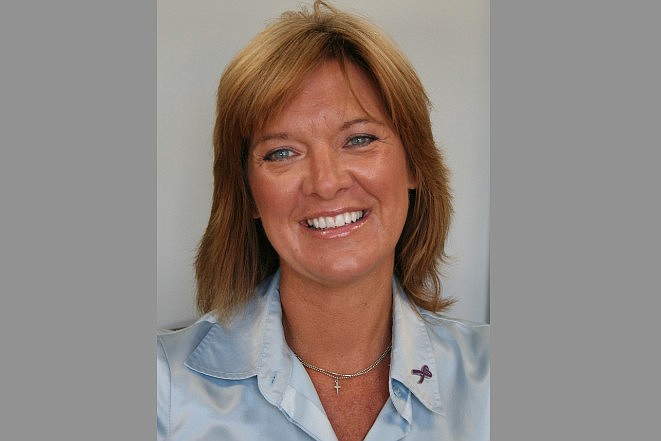- April 19, 2024
-
-
Loading

Loading

What’s old is new again. What comes around goes around. One man’s trash is another man’s treasure. You have heard those sayings before, but did you know that there is a renaissance afoot in how the world views the economy?
Of course, as with any good renaissance, it comes complete with its own buzz words: repurpose, up-cycle, sharing and micro-prenuership. Whatever you call it, you can’t call it new. In fact, it’s an ancient idea from a time when the only boom towns were trade towns.
The concept is simple. The average American has about 20% more than they need, so why not trade or barter with your neighbor? In response to stuffed garages and over flowing landfills, companies like Yerdle sprang up with a single battle cry: “Share, don’t shop.”
It’s called the sharing economy. Whether it was originally a reaction to the loss of personal purchasing power or a reaction to an overtaxed planet, the sharing economy is here to stay. In fact, just last month one of the leading vacation rental giants, AirBnB, rolled out a new initiative to help communities build shared cities.
Simply put, there is no place on the planet better suited than Flagler County to become a shared community. Within 30 minutes, a visitor can put their foot in salt, brackish and fresh water. In one day, a person can shred some waves, tee off, catch dinner off the dock and still have time to catch a rodeo. We are a place created by people who “just came down for the weekend, 25 years ago” because someone shared our little secret with them.
And yet, we are not working toward shared abundance, and in some cases we are actively sabotaging the potential for a more environmentally, economically and socially robust community.
Why, for example, are home based businesses systematically prohibited based not on the specifics of said business but on geography? In a time and place of 9% unemployment, micro-preneurs need to be able to start up at their dining room table without fear of breaking the law.
In 2002, The city of Flagler Beach invested significant resources in a redevelopment plan, and yet our nearest neighbor is actively seeking advice on redevelopment from Delray Beach. Flagler County is still one of the fastest growing counties in the nation; however, we must ask ourselves, Can we maintain that if we are stagnant in how we welcome guests and new residents?
In 2011, Flagler Beach averaged about 45 homes sold per quarter. The very next year, that number jumped to 48, and, in 2013, when Flagler Beach sold an average of 50 homes per quarter. That might be a coincidence or it might be a sign of the times, but it might also be a direct result of a homeowner’s ability to more easily share their homes with others through short-term rentals. Are we really in a place where we can reject the economic boost associated with tourists who eat out, shop and maybe even purchase their own little slice of heaven?
Flagler County is meant to be shared, and our elected officials should actively look for ways to bring about a renaissance right here.
Heather Beaven is the CEO of the Florida Endowment Foundation for Florida’s Graduates.